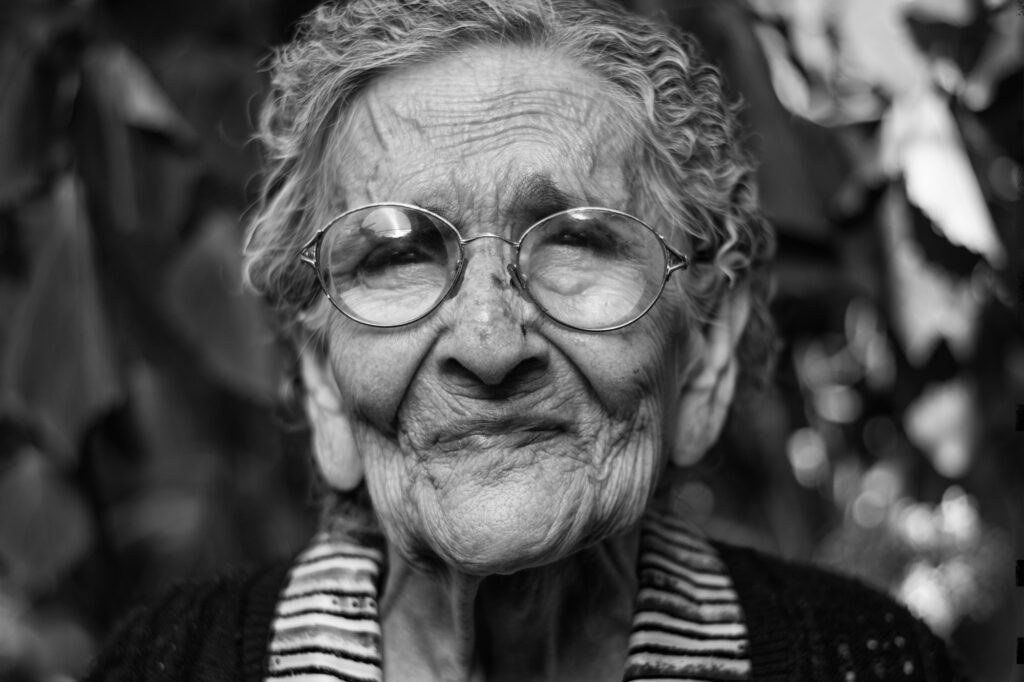HealthStar Home Health is presenting a series on various medical conditions that individuals may have. In this series of blog articles, we will provide some background information for each condition and help you understand how our home health care resources will serve you or a loved one’s needs.
If you or a loved one are noticing behavioral changes that are triggered late in the afternoon or early evening, you could be experiencing a variety of symptoms known as sundowning. Sometimes referred to as late-day confusion or sundown syndrome, the term “sundowning” is used when describing a state of confusion that occurs in a person when the natural light fades and becomes night. Doctors have found that a change in one’s internal body clock will cause a mix-up between day and night, contributing to sundowning.
Although scientists don’t fully understand why, studies show that 1 in 5 persons with Alzheimer’s disease or other form of dementia tend to experience sleep changes and an altered internal body clock. This seems to happen as a result of the impact of Alzheimer’s on the individual’s brain, as well as the changes in memory and behavior you may notice. Along with low lighting and a disrupted body clock mentioned, other factors may include increased shadows, fatigue, disorientation, and difficulty separating dreams from reality.
At HealthStar Home Health, our caregivers are experienced in caring for persons with Alzheimer’s or dementia and offer these tips to help reduce sundowning:
- Maintain a daily routine around waking, meals, activities and bedtime
- Limit naps later in the day
- Plan activities and exposure to light during the daytime hours
- Restrict caffeine and sugar intake to morning hours
- Reduce noise and stimulating activities, including TV viewing, in the evening
Research has also shown that a low dose of melotonin, a natural hormone that induces sleepiness, to ease sundowning symptoms. Without fully knowing why sundowning occurs, trying things at home such as turning on lights, staying active during the day, and getting a full night’s rest, along with the tips mentioned above, should all help to get back on the right track.
Noting patterns and things that seem to bring on late day confusion will help caregivers avoid or limit those triggers. Is it happening only at certain times of the day or when certain activities take place? Do specific events trigger the symptoms? Also, maintaining a regular schedule and routine is one of the most successful strategies to cope with these issues.
The caregiver’s reaction to changes in behavior is important to keep in mind as well. If you find your loved one wandering or experiencing other sundowner behaviors, stay calm and keep these additional tips in mind:
- Remind the person what time it is
- Reassure the individual that everything is OK
- Ask if they need something or are looking for someone
- If they are moving around or pacing don’t stop them, just stay close by and watch over them
- Keep them safe with night lights, using a gate near stairs, or locking the doors
HealthStar Home Health understands how overwhelming and difficult it can be to care for a loved one with Alzheimer’s disease or other form of dementia. Our comprehensive Alzheimer’s and dementia home care program, Alzheimer’s Whisperer, is a unique and effective approach to support those who are affected, including their family. For additional information on dementias and caregiving, visit our website.

